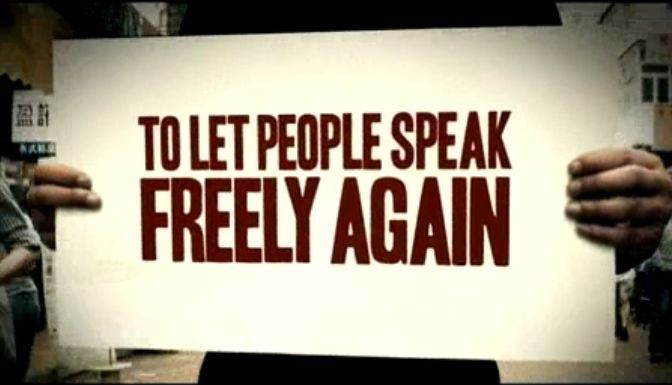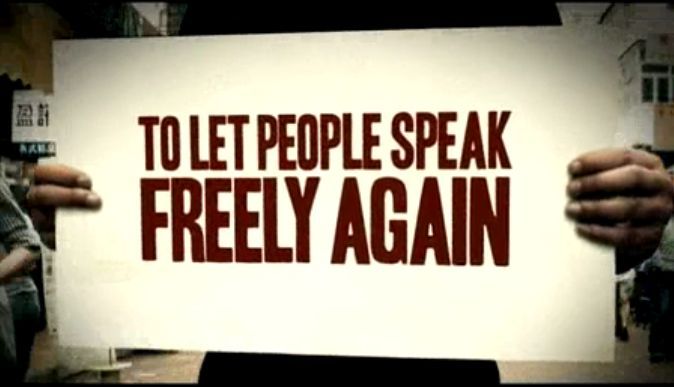by Zachary Shaw Staff Writer
Social media outlets, like Facebook and Twitter, are exactly as the label says–outlets.
People use these internet forums for multiple reasons: to keep up to date with news happenings, stay in the loop with their friends and family, entertainment, etc., and a place for their individual thoughts to land.
A recent USA Today poll shows that social media user’s opinions seem to be disappearing, particularly on sensitive topics, such as the recent shooting controversy in Ferguson, Missouri.
Facebook and Twitter are not flagging the posts as inappropriate and removing them. Ultimately, users are becoming less likely to give their opinion on social media because they are afraid of backlash from other users who disagree.
“I believe that you should speak your opinion when it’s important to you, but being respectful in your expressions is paramount.” Sophomore, Dylan Howland, said.
However, the poll noted that these users who are self-censoring are more willing to speak their mind in person on the hot button issues.
In the growing age of technology and social media, history has taught that the online world can be a place of repercussions.
Personal online opinions can spark a quick and unforgiving response by many others.
Only about 15 percent of people surveyed said they are “very willing” to post their opinions on social media. This is due to the millions of other individuals that may see their opinion and disrespectfully counter back.
“Someone should never self-censor themselves. People need to be honest with others, and they should have the right to do so, if they wish. Everyone is entitled to their own views and they are just as valid as anyone else’s,” Freshman, Nathaniel Schuyler, said.
With these results, is social media affecting people’s assurance in how they exercise their right use freedom of speech?
According to the same poll, between 35 and 40 percent of people who surveyed responded with “very unwilling” to post their views on sensitive issues on Facebook or Twitter.
Contact Zach at zshaw@lc.edu




